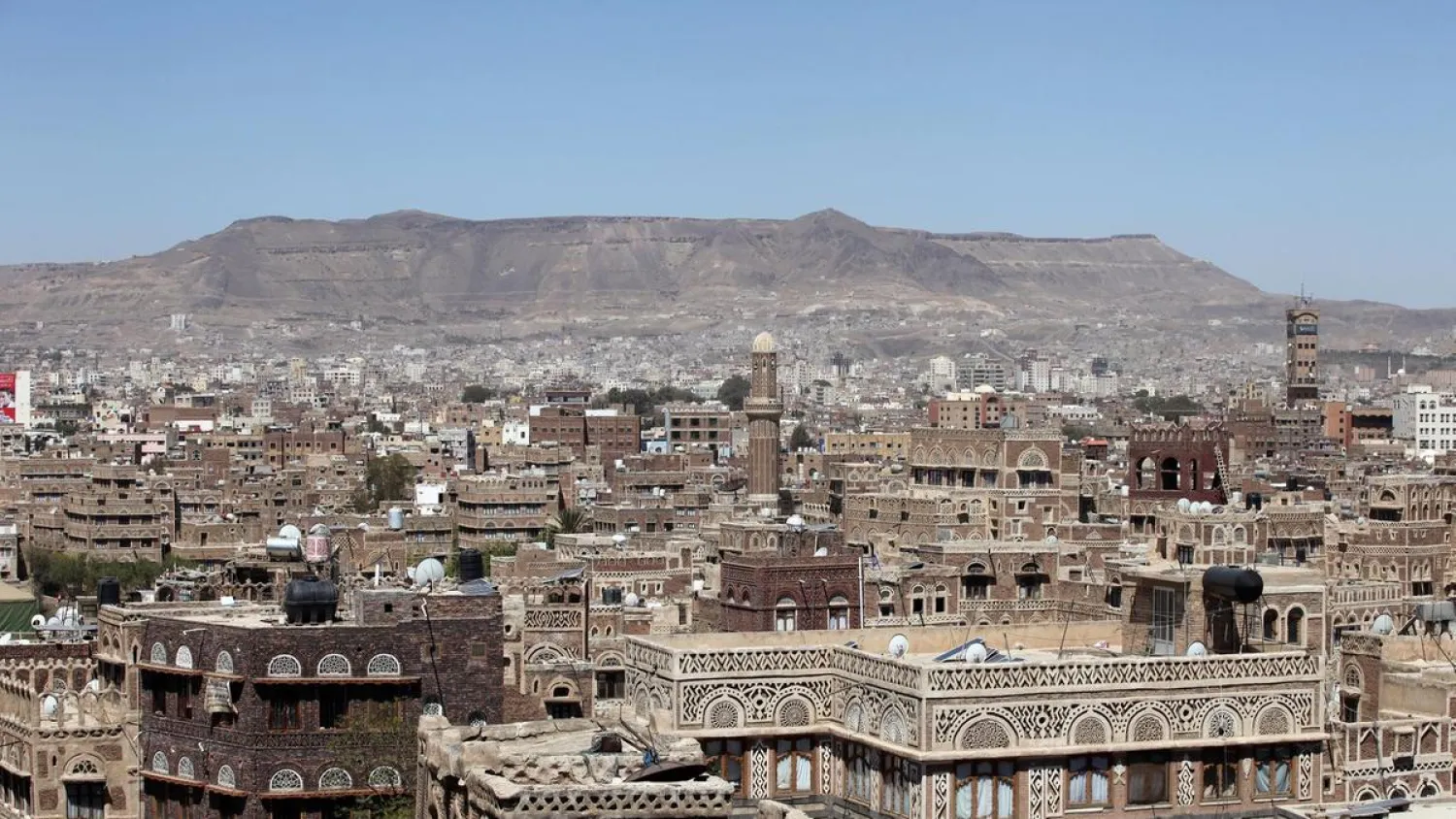The illegal by-elections held by the Iran-backed Houthi militias to fill vacant parliamentary seats in Yemen turned into a popular referendum against their coup amid a very low turnout by voters.
The Houthis had held the elections in areas under their control, but were dealt a blow when the people chose to boycott the vote. The people described the elections as “another Houthi farce.”
In one district in the capital Sanaa, only 6,000 voters, out of over 50,000, showed up to elect a replacement to late MP Mohammed Abdullah al-Qadi. The majority of the voters were forced by the Houthis to head to polling stations.
The elections were held shortly after the legitimate parliament convened on Friday and Saturday in an extraordinary session in the eastern city of Seiyun in Hadramaut. President Abdrabbuh Mansur Hadi chaired the meeting that saw the election of Sultan al-Borkani as speaker.
The resumption of parliament meetings was another heavy blow dealt to the Houthis, particularly after quorum was met for lawmakers to elect the new speaker.
An official at the illegal Houthi foreign ministry in Sanaa, Hussein al-Ezzi, vowed to retaliate to the move.
He announced that by-elections will be held to replace lawmakers who attended the Seiyun meeting.
Observers said that his stance demonstrated how the meeting had “pulled the rug from under the Houthis in Sanaa.”
In an other surprise, the alleged consensual candidate, whom the militias had heavily campaigned for, received the lowest number of votes.
Voters, who were forced to head to the polls, spoke of violations in the electoral process.
He explained that when he arrived at the polling station, he was surprised to find that someone had voted by using his name. He also noticed that his father’s name was among the list of eligible voters even though he had passed away years ago.
Sanaa was not the only Houthi-held region that expressed its rejection of the militias. Locals and activists told Asharq Al-Awsat that the Houthis suffered similar humiliations in the Ibb, Hajjah, Hodeidah, Raymah and Dhamar regions.









